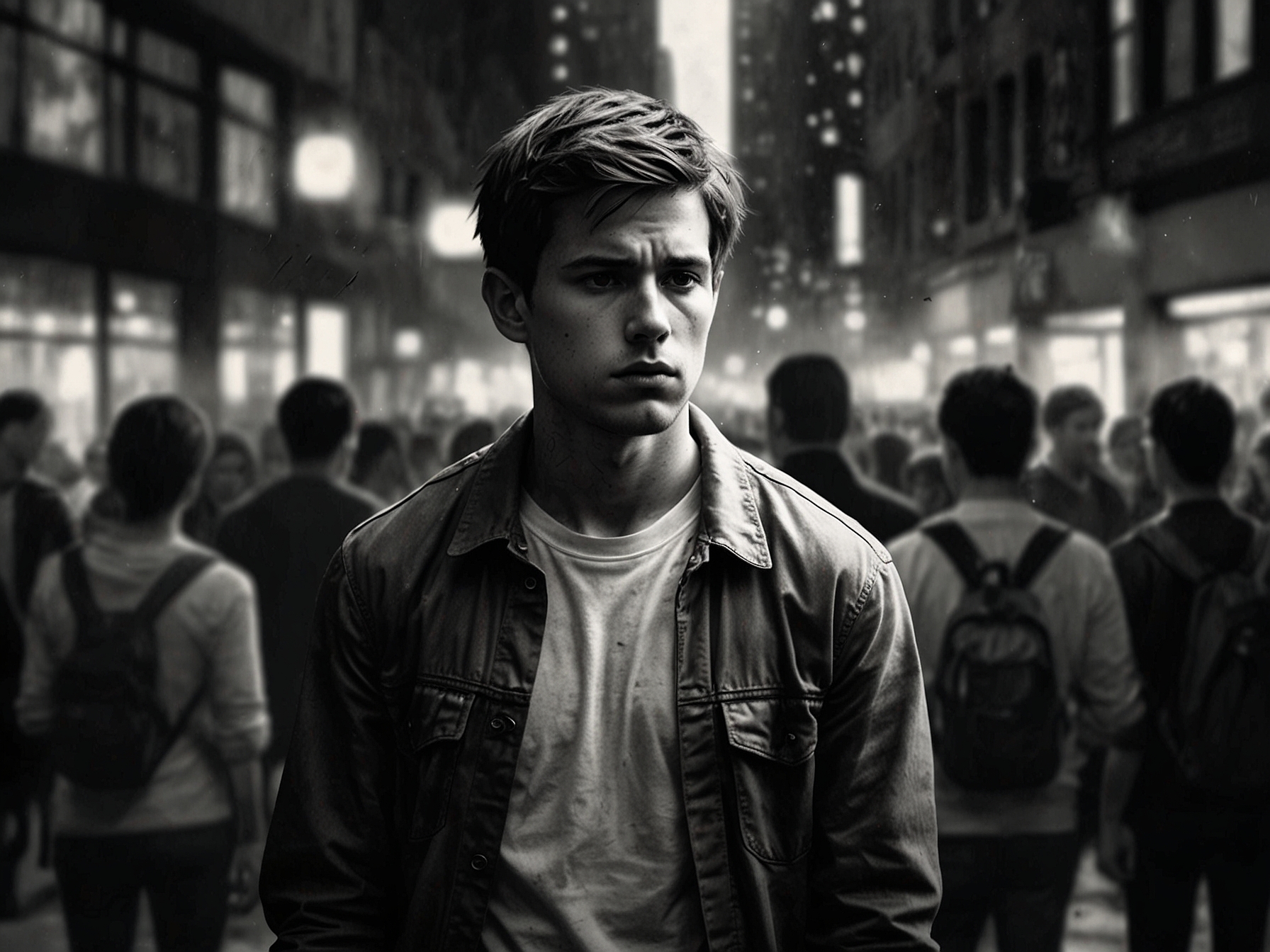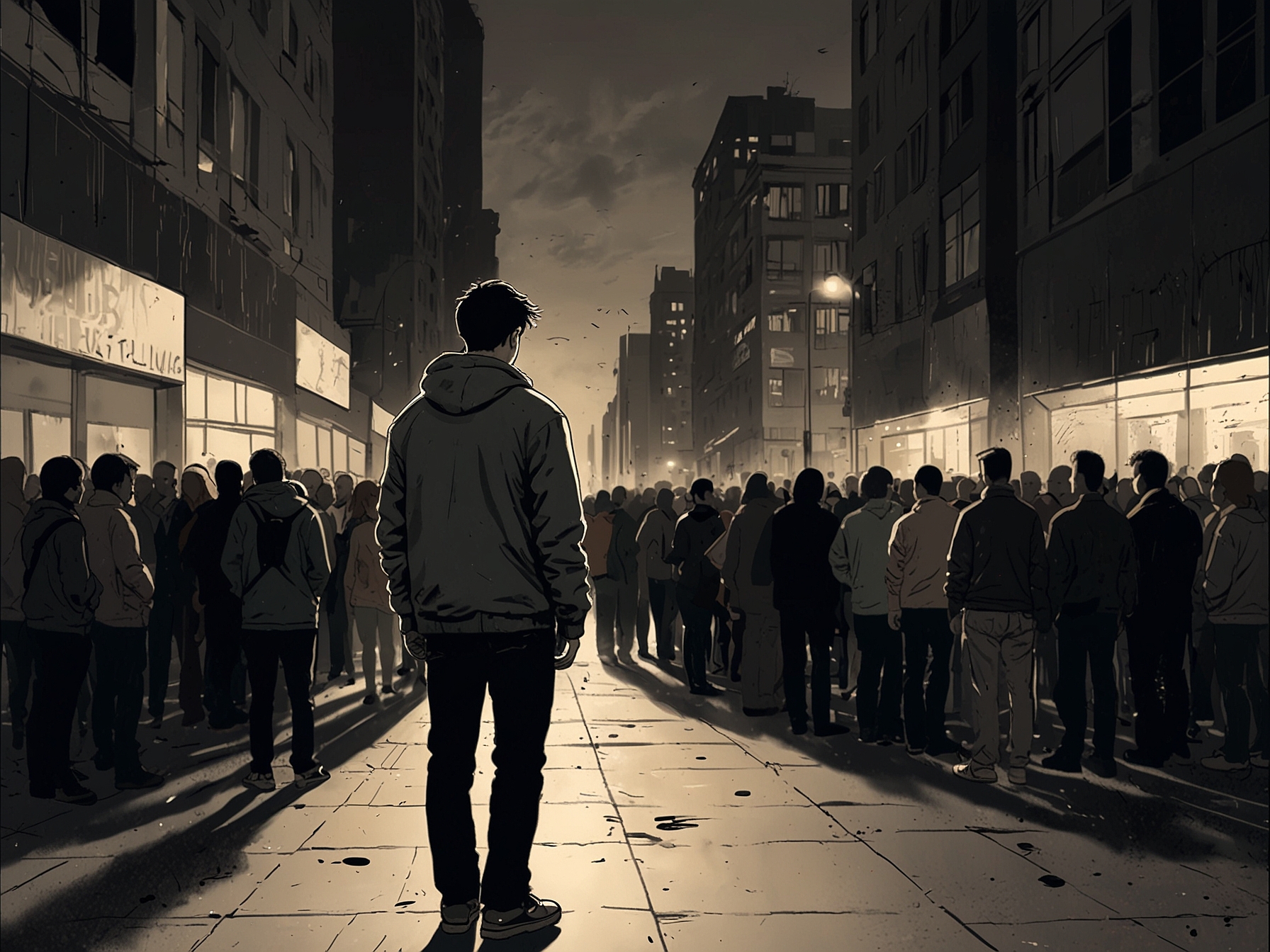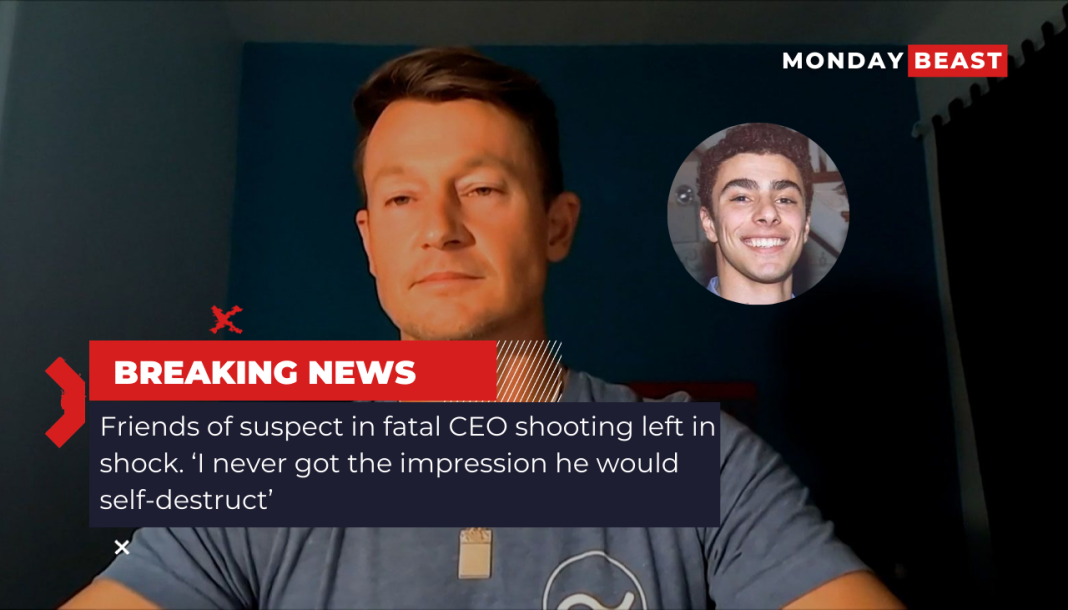In a world full of uncertainties, how well do we know those close to us? The tragic events surrounding Luigi Mangione reveal more than just a shocking crime; they shine a light on the complexities of mental health and the impact of privilege. As we delve into this story, we’ll explore the questions that linger: What leads a seemingly bright young man to commit such an act? How can we better understand and support those who may be struggling?

Luigi Mangione, at just 26 years old, seemed to have it all. From a privileged upbringing in Baltimore to a promising career, he was the high school valedictorian and graduated from an Ivy League university. His social media was a testament to a vibrant life, filled with smiles, adventures, and reflections on personal growth. Yet, something shifted when his digital presence vanished one summer; friends grew worried as posts from months ago became his last words.
Isn’t it unsettling to think that someone we care about could be suffering in silence? Mangione’s story echoes the sentiments that many of us feel. How often do we see friends fade away from feeds, only to wonder where they went? It’s alarming that those around him noted his absence yet could not have predicted the full extent of his struggles. Instead of lifting weights and sharing book reviews, a dark turn awaited, culminating in the shocking shooting of UnitedHealthcare CEO Brian Thompson.

What drove Mangione to this violent act? The police detailed the gruesome inventory of his backpack, filled with a 3D-printed gun and a haunting note that read, “these parasites had it coming.” The dichotomy of privilege and despair couldn’t be more evident. Growing up in a wealthy family that built a real estate empire, Mangione had access to resources that many would envy. So how did it turn so dark?
His family history, rooted in business success and community service, raises critical questions about expectations and mental health. Friends describe him as thoughtful and charming, far from the image of someone who would resort to violence. Yet, what lurked beneath this surface? Mangione’s health struggles, particularly with chronic back pain, took a toll on him that is often overlooked. He had his share of surgeries and setbacks, which left him feeling isolated and perhaps angry.

Could his ailments have contributed to a fractured mindset? In a Reddit post, a user who displays striking similarities to Mangione discussed feeling terrified about the implications of his worsening back issues. He expressed fears that no one really understands the depth of his challenges. The true tragedy may lie in the lack of dialogue around mental health and corporate America’s often uncaring demeanor.
While there might be a temptation to dismiss Mangione’s fascination with radical literature, it’s crucial to recognize how disconnection can lead to polarized thinking. His readings included works on mental illness and political revolution, hinting at a brewing discontent with societal structures. Did he feel that the world was against him? The struggles he faced were amplifying feelings of anger and alienation, producing a narrative that could lead one down a dangerous path.
Mangione’s circle described conversations that leaned towards philosophical discussions about the world. Was he misunderstood by a society that failed to see his pain? A former colleague expressed disbelief over his violent turn, lending credence to the idea that friends frequently miss warning signs. How often do we feel powerless to intervene when we suspect someone we care about is disengaging?
His tragic end should encourage reflection on how we nurture our relationships. When we notice absences or changes in behavior, it could be a call to dig deeper. Have we considered how our own actions—and inactions—affect the mental well-being of those around us? The lack of consistent communication may have created an emotional chasm too wide to cross.
Finally, as searchlights zoom in on the life of Luigi Mangione, it’s essential to consider what lessons this carries for us. With the complexities of mental illness intertwined with privilege and disconnection, it presents an opportunity for serious dialogue about mental health resources. If nothing else, may his story inspire us to check in on our friends more often, to create a space for open conversations, and to foster connections that could potentially save lives.




